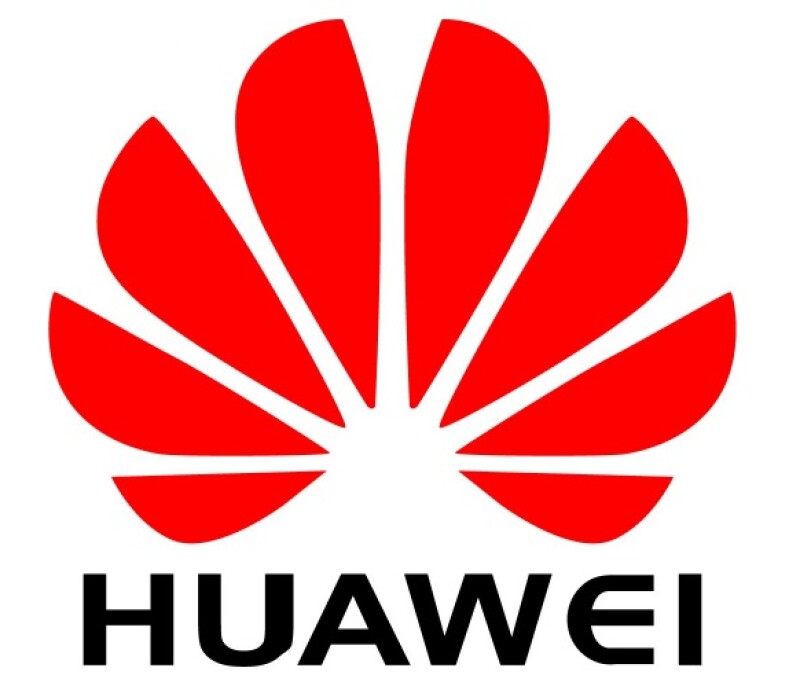The newspaper does not go that far today, but it does urge radical changes, including shorter patent terms for some technologies; better mechanisms for challenging them; a strengthening of the obviousness requirement; and a use-it-or-lose-it rule (which may or may not be the same as compulsory licensing).

Its position has been widely criticised, including it must be said by people who have an interest in the present patent system being maintained. One of the most detailed critiques came on the IP Watchdog blog, where Gene Quinn (left) described the article as “full of inaccuracies and outright falsehoods” and concluded: “The Economist owes its readers a sincere apology for this entire article. Getting something so fundamentally wrong, when it is so easily researched, is astonishing.”
Perhaps the definitive criticism of the article though comes from the latest WIPO data, which shows that patents are growing by up to 10% per year: according to the latest figures, there were 9,338,179 patents in force worldwide in 2013, compared to 7,526,841 in 2010. If the patent system is bankrupt, why are more and more inventors using it? And why are countries such as China desperate to get on the patent playing field?
Groundswell of opinion
Are patents granted too slowly, or too quickly? Are they too expensive, or too cheap? Is it too hard to challenge patent rights, or too hard to enforce them?
Having said that, The Economist clearly strikes a chord with many readers. At the last count, its leader column had been liked 6,300 times on Facebook, and many of the 200 or so comments posted on its site are positive. That represents a groundswell of popular opinion against the patent system, which is also evident in the US reform debate and the opposition to multilateral treaties.
Moreover, even many supporters of patents would agree that the system is not functioning as well as it could or should, transparency and quality need to be improved, and the whole process could be more efficient. When it comes to remedies, though, things get difficult: Are patents granted too slowly, or too quickly? Are they too expensive, or too cheap? Is it too hard to challenge patent rights, or too hard to enforce them?

|
Huawei was the number 1 PCT user last year |
The Economist is right to say the patent system overall is expensive (something that those inside the business often gloss over). But the more important question is whether it provides good value. If you’re spending even $10 million on a drug patent, but the product it protects is worth $5 billion a year, or if (like one in-house counsel I spoke to recently) you have an annual budget of $100 million and rising, the answer is almost certainly yes. But if you’re an SME surviving on bank loans and sleepless nights, then every extra $1000 of fees feels like a nail in your corporate coffin.
Innovation comes in many forms, and patents only protect some of them. As Jeff John Roberts said in Fortune (in response to The Economist): “[A] big part of the problem is that lawmakers have come to see patents and innovation as the same thing. They’re not.” If you asked the average person in the street to name the world’s most innovative companies, they would probably suggest Google, Facebook and Apple before Huawei, Qualcomm and ZTE (which were the top three companies for PCT publications in 2014).
In the long term, patents might indeed become less useful, as innovation becomes quicker (so the 20-year term becomes irrelevant), more incremental, more dependent on crowd-sourcing (think of smartphone apps) and more software-dependent (look at the open source movement). Perhaps other IP rights such as copyright, data protection and trade secrets will become more relevant than patents in encouraging and rewarding this innovation. In an ideal world, other incentives such as prizes and charitable donations would also play a part – though that has yet to happen on a large scale.
In the short term, though, to paraphrase Winston Churchill: Patents are the worst means of promoting innovation, except for all the others that have been tried.









